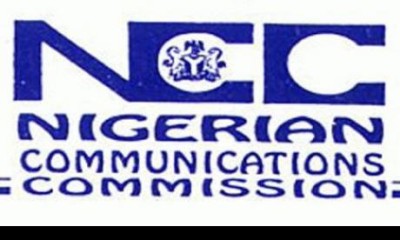
The telecommunication and other services sectors have contributed 8.7 percent to Nigeria’s Gross Domestic Product, GDP in 2015, with the country’s main economic stay, oil, accounting for 6.4 percent. Dr. Doyin Salami, a lecturer at Lagos Business School, LBS, who was a keynote speaker at the unveiling of Fleet Technology Limited’s name change to Vatebra Technology, in a paper titled; “Beyond Now, A Nigeria without Oil: Prospects For Technology and Innovation”, in Lagos, said the telecommunications sector grew Nigeria’s GDP by 8.7 percent in 2015, generating spillovers with uptakes in financial transactions technology and payments systems, E-commerce facilitation and proliferation of transport services, while making the offerings of the burgeoning entertainment industry ubiquitous, and indeed all services offerings that can be digitalized.
Salami noted that Nigeria’s economy has systematically and strategically diversified along the line of technology and other services sector without Nigerians, noticing, stressing that Nigeria’s major economy main stay, oil, accounted for only 6.4 percent of its GDP, not in terms of the country’s fiscal and external balances. He stated that the drop in oil GDP was occasioned by the drop in world oil price, which invariably affected the country’s economic growth pattern.
He went on to say that in 2015, oil accounted for 71 percent of the country’s export earnings against 54 percent in 2014 which accounted for government’s revenue. “Given the role of fiscal and foreign exchange earnings in lubricating activity and exchange in the non-oil sector, these weaknesses remained critical,” he noted.
END

Be the first to comment